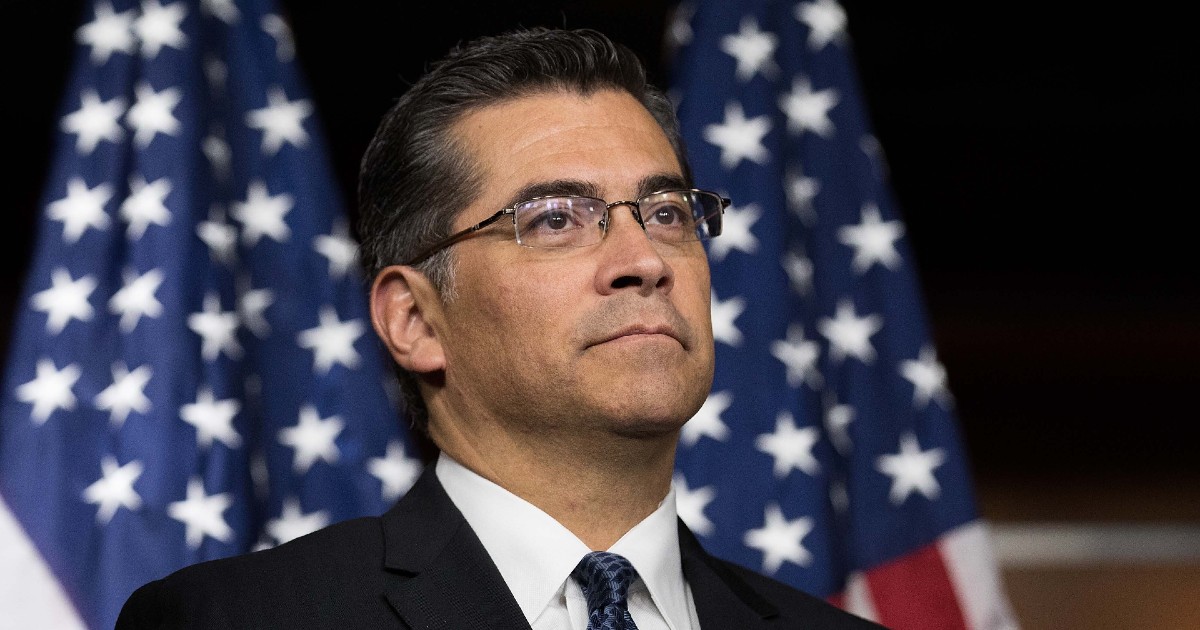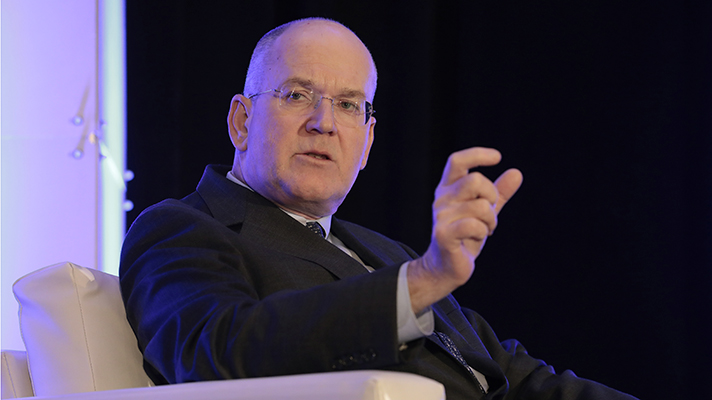Kat Jercich
The U.S. Government Accountability Office drew particular attention to the "incomplete and inconsistent" public health data federal agencies have relied on during COVID-19.
Dr. Dan Golder discusses how he believes TEFCA implementation will affect organizations at multiple levels of the healthcare industry.
Research from athenahealth also found that geography and specialty were among the top contributing factors to time spent in the electronic health record.
The latest implementation was the new electronic health record system's largest delivery to date, now live in 100 more locations and a Level 1 Trauma Center.
A study from researchers at the Regenstrief Institute and Indiana University found that machine learning models can be used to help support public health decision-making during the pandemic.
New York Attorney General Letitia James announced this week that the vision-coverage benefits provider had also agreed to enact a series of measures to protect customer information.
Researchers leveraged technologies to mine the electronic health records of millions of patients and examine the effects of different comorbidities on heart disease.
Meanwhile, the Cybersecurity and Infrastructure Security Agency says "every organization in the United States" is at risk from cyber threats.
2022 Look Ahead
Former National Coordinator for Health IT Dr. Don Rucker discusses what's next for interoperability and why he sees TEFCA as a "solid first step."
As the pandemic continues to wreak havoc in hospitals around the country, stakeholders ask elected officials to safeguard access to virtual care.










